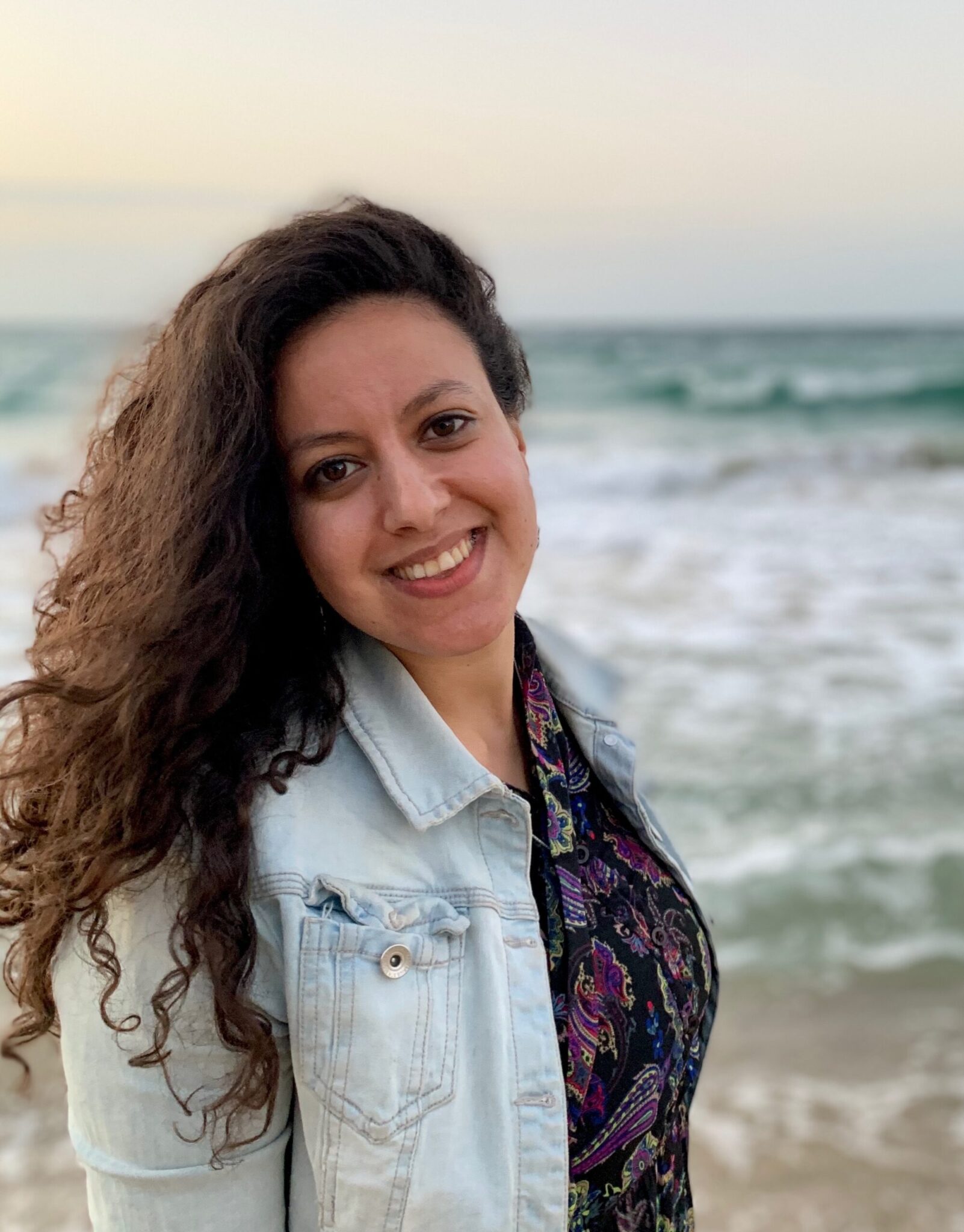Orfalea Center Thematic Research Cluster
Structural Violence, Police/Prison Abolition, and Decoloniality
This is the “Structural Violence, Decoloniality, and Police/Prison” research cluster’s podcast series. Through the short podcast episodes, we hope to connect listeners with the range of compelling research on carcerality and structural violence that scholars and activists are currently working on. In this series, the cluster’s fellow, Gehad Abaza, interviews scholars, including both graduate students and professors, about their work, the connections between their scholarship and activism, and how their life experiences and academic trajectories have shaped their current research interests. This podcast is relevant for students, researchers, and activists interested in learning about a variety of riveting projects that cover carcerality and structural violence.
Pedagogy and The Freedom School – An Interview with Dr. Felice Blake:
Professor Felice Blake shares some of her thoughts on pedagogy, practicing scholarship that is engaged with the community, and the myths of colorblindness in the humanities fields. Blake tells us about her experience growing up in Santa Barbara, leaving, and eventually returning to teach at the University of California, Santa Barbara. Her perspectives on starting with learning about where you are, linking that with global issues of colonialism, racism, and structural violence, and being actively involved with one’s local communities. She also gives listeners who are interested in learning more about structural oppression, carcerality, racism and racialization, and decoloniality some amazing recommendations for books and novels to read on the topic.
Global Activism and the Particulars of Combating Police Violence – An Interview with Dr. Jean Beaman:



Ethnography and Archives from the Margins – An Interview with Mina Ibrahim:



Alongside his scholarly and academic work, Mina Ibrahim is a project coordinator for the MENA Prison Forum, an invaluable global partner to the Structural Violence, Decoloniality, and Police/Prison Abolition research cluster. He is also the founder of SARD, an archival and research center in the Cairene neighborhood of Shubra that focuses on building a communal archive, conducting workshops, and holding open museums. In this episode, Ibrahim shares his experiences of engaging with his research interests beyond the bounds of institutional academia, and of founding a center that does research in, for, and with the communities of Shubra.
Using the Archive for a Different Public Memory – An Interview with Salma Shash:



In this episode, Salma Shash shares how her experiences in Egyptian feminist and activist/political networks have impacted her research interests, her thoughts on how to make use of governmental or state-owned archives to create a different public memory, and some of the interesting stories she encountered during her research. For example, her focus on gender, class, criminality, and carcerality provided for an interesting analysis of one of the most notorious cases of serial murder in modern Egyptian history, that of Raya and Sakina. For example, why are Raya and Sakina, two women who were accomplices in their husbands’ serial murders, so well-known in Egyptian popular culture in comparison to the their husbands who committed the murders?
What Can we Learn from the Gulag Today? – An Interview with Alexandra Noi:



On Researching Torture and the Fight Against It – An Interview with Dr. Lisa Hajjar:



In this episode, Dr. Lisa Hajjar, a professor of Sociology at UCSB, shares with us her 20-year journey of research that culminated in her latest book, The War in Court: Inside the Long Fight Against Torture. Dr. Hajjar recounts some of the ways she began to research torture in Israeli military court systems, and how she later began to recognize and research U.S. torture policies. In her book, she highlights the central role that lawyers have played in the fight against torture, and how the law itself can be studies as a battlefield. She also compellingly tells us how she began visiting Guantanamo bay and practicing journalism through the lens of sociology.
Cops-Off Campus, Being in Community, and Global Policing – An Interview with Dr. Andrew Johnson:
In this episode, we speak to Dr. Andrew Johnson, who formed a core part of this research cluster when he worked as a graduate fellow with the Orfalea Center before receiving his PhD from UCSB in 2022. Dr. Johnson recounted his experience teaching a class on Global Policing, which was inspired by syllabi and bibliographies we created as fellows, as well as by the work of our Global South partner, the MENA Prison Forum.


On the Exilic Condition, Queerness as a Verb, and Writing through Imagery – An Interview with Dr. Raed Rafei
In this episode, Dr. Raed Rafei tells us about how his experiences as a


The Caucasus, Positionality, and Legacies of Forced Displacement – An Interview with Dr. Jade Cemre:
In this podcast episode, Dr. Jade Cemre, who specializes in migration, diaspora studies, gender, and cultural studies, talks to us about her experiences working and doing research in the Caucasus. 








